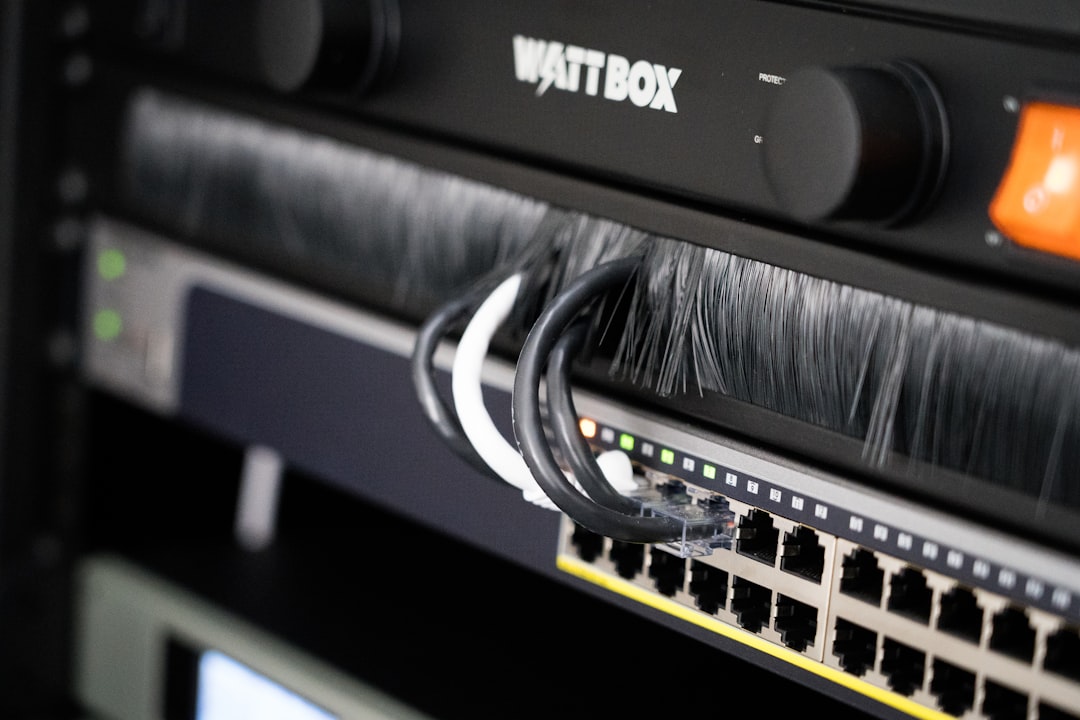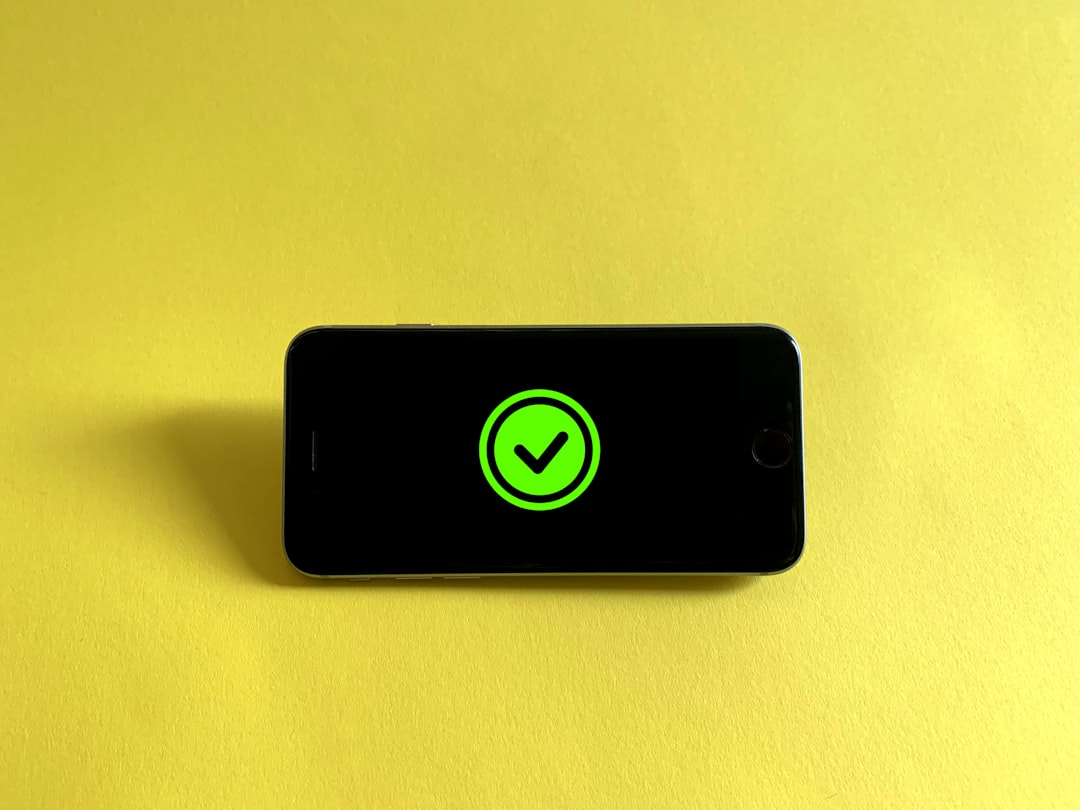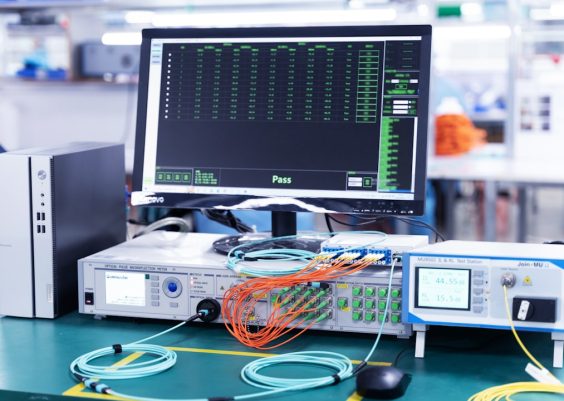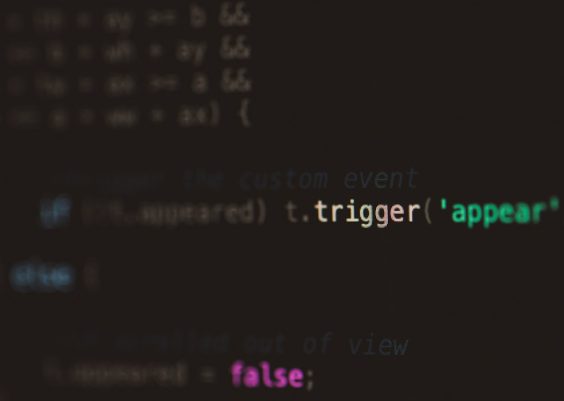In an age where cyber threats are evolving rapidly, many users are turning to Virtual Private Networks (VPNs) for protection and privacy online. A VPN encrypts your internet traffic and masks your IP address, helping to secure your data from prying eyes. However, a question that often arises is: Is using a VPN alone sufficient, or do you also need antivirus protection?
Contents
The Role of a VPN
A VPN is a powerful tool designed primarily to ensure privacy and secure data transmission. When connected to a VPN, your internet activity is routed through a secure server, making it difficult for hackers, Internet Service Providers (ISPs), and even governments to track your online behavior.
- Encryption: VPNs encrypt the data between your device and the internet, ensuring confidentiality even over public Wi-Fi.
- IP Masking: By altering your IP address, VPNs help maintain anonymity and avoid geo-restrictions.
- Security on Public Networks: VPNs protect users from man-in-the-middle attacks commonly found on unsecured public Wi-Fi networks.
While this sounds comprehensive, there is one significant limitation: a VPN does not scan for, detect, or remove malicious software (malware) or viruses from your system.
What Antivirus Software Does
Unlike a VPN, antivirus software is designed specifically to detect, block, and remove malware such as viruses, spyware, ransomware, and trojans. This type of software plays a vital role in protecting the integrity of your device and data from internal threats that VPNs cannot touch.

Here are some critical functions of antivirus programs:
- Real-Time Threat Detection: They monitor your system for suspicious behavior and block threats as they emerge.
- Malware Removal: Infected files are quarantined or deleted to prevent further harm.
- System Scanning: Regular scans identify hidden threats lurking within your system.
- Phishing Protection: Many antivirus tools can detect phishing websites and block them before you can interact.
Why a VPN Alone Isn’t Enough
Using a VPN without antivirus protection leaves your system vulnerable to the very threats a VPN was never designed to handle. Here’s why combining the two is essential for full protection:
- Malware Doesn’t Care About Encryption: A VPN encrypts traffic, but if you download a malicious file or click on a dangerous link, your VPN won’t stop the infection.
- No Firewall Capability: Most VPNs don’t include strong firewall features to block unauthorized access to your system.
- System-level Protection Is Missing: VPNs don’t scour files, scan USB devices, or analyze processes the way antivirus software does.

What Happens When You Use Both?
By combining a VPN with reliable antivirus software, you achieve a comprehensive security solution. This layered approach ensures you are protected from both external threats (like hackers or data tracking) and internal threats (like malware infections).
Here’s how the two complement each other:
- VPN: Encrypts traffic, hides IP, protects data during transmission.
- Antivirus: Scans devices, provides threat alerts, and removes harmful programs.
Some cybersecurity vendors even offer bundled security suites that integrate VPN and antivirus functionality, ensuring both layers work smoothly together. If you frequently use public Wi-Fi, shop online, or store sensitive information on your devices, this integration offers significant peace of mind.
Conclusion
A VPN is an essential tool for maintaining privacy and securing your internet traffic—but it is not a substitute for antivirus protection. Without antivirus software, you remain exposed to malware, phishing attacks, and other digital threats that operate beyond the reach of a VPN.
If you’re serious about online safety, using both a VPN and antivirus software is not optional—it’s imperative. Only by combining these tools can you ensure that your data stays secure, your devices stay clean, and your online presence remains private.




